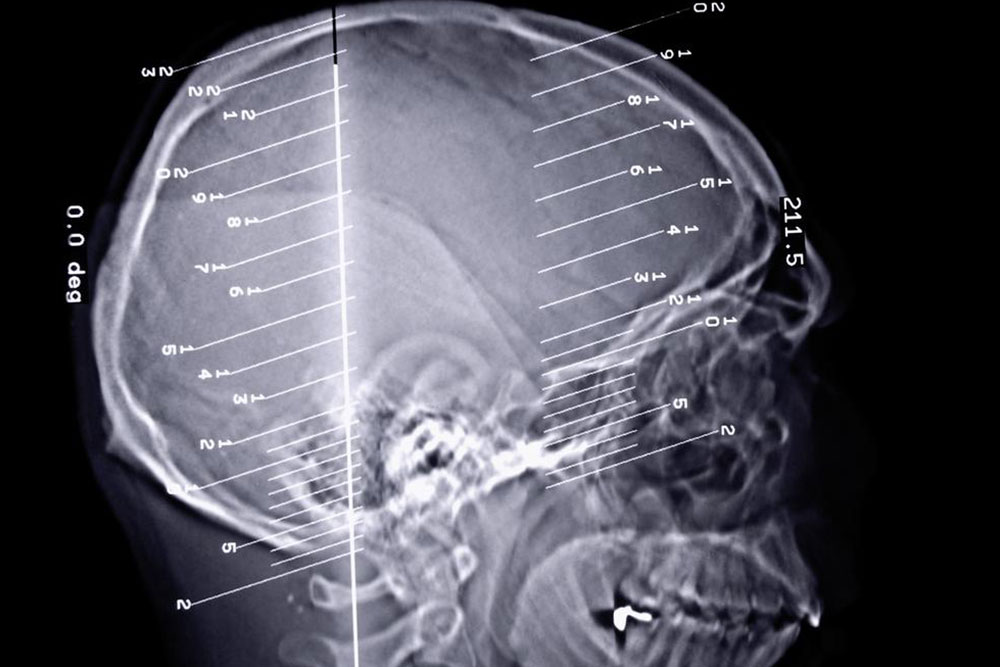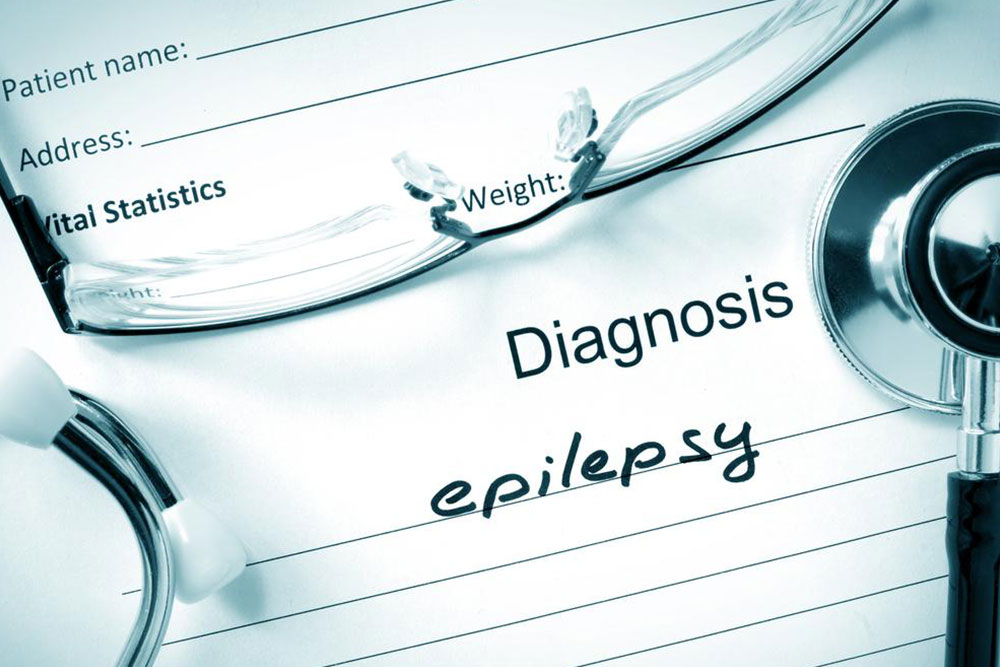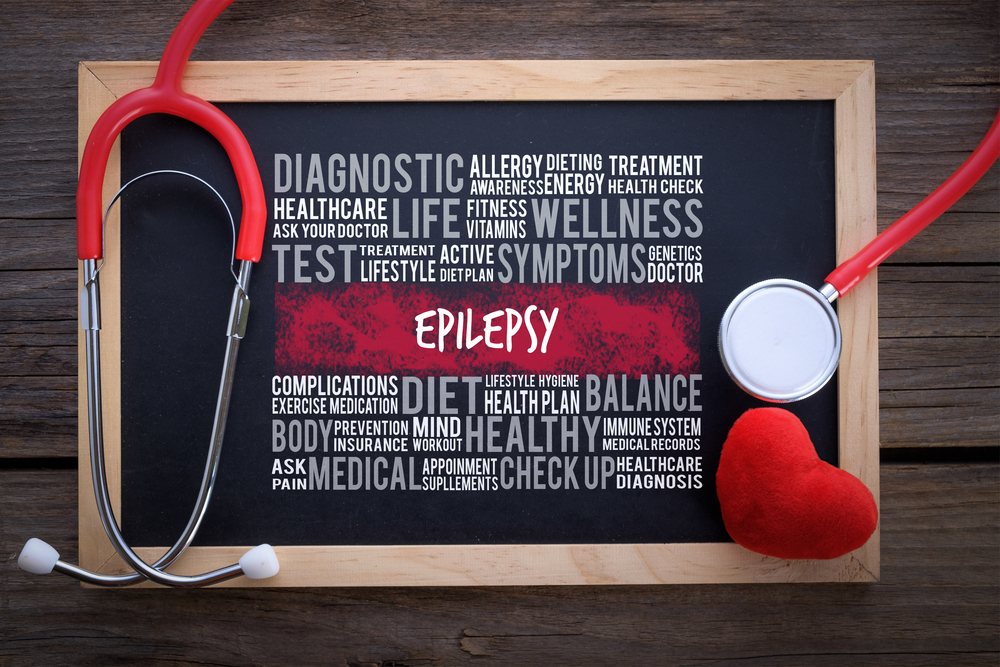Understanding Epilepsy: Essential Facts You Should Know
This article offers a comprehensive overview of epilepsy, highlighting its causes, symptoms, treatment options, and management strategies. It explains the difference between seizures and epilepsy, emphasizes the importance of medication, and discusses alternative therapies like diet and surgery. The content aims to educate readers on how to effectively manage epilepsy, particularly during pregnancy, and encourages consulting healthcare professionals for personalized care. A valuable resource for patients, caregivers, and medical practitioners seeking clear, reliable information on epilepsy.

Understanding Epilepsy: Essential Facts You Should Know
Epilepsy, also known as seizure disorder, is a neurological condition characterized by recurrent, unprovoked seizures caused by abnormal electrical activity in the brain. These electrical disturbances resemble electrical storms within the brain. Often, the exact cause of epilepsy remains unknown, prompting research into personalized treatment options and the genetic basis of the disorder.
Distinguishing epilepsy from seizures
While seizures are common symptoms of epilepsy, having seizures does not necessarily mean a person has epilepsy. Diagnosing epilepsy involves identifying unprovoked seizures that are not caused by injuries or infections.
Medication remains the primary treatment for epilepsy
Anti-epileptic drugs, also known as anticonvulsants, are the most effective and widely used treatments for managing seizures. These medications work by reducing abnormal electrical activity in the brain. Since the exact cause of epilepsy is often unknown, diagnosis and treatment can be complex. The goal is to control seizures while minimizing side effects.
Epilepsy management during pregnancy
While no medication is completely risk-free, proper management of epilepsy during pregnancy is crucial. Monitoring and choosing the safest treatment options with a healthcare professional can ensure both maternal and fetal health. Always consult your doctor before starting or continuing epilepsy medications during pregnancy.
Alternative therapies beyond medication
Recent advancements include dietary interventions like the ketogenic diet, especially effective for children resistant to medications. Some cases may involve minor surgical procedures, such as implanting a neurostimulator, which has shown promising results similar to a pacemaker for the heart. Despite these options, ongoing medication remains essential for most patients.
In summary, epilepsy treatment encompasses medications, dietary adjustments, and sometimes surgery, aiming to improve quality of life.










